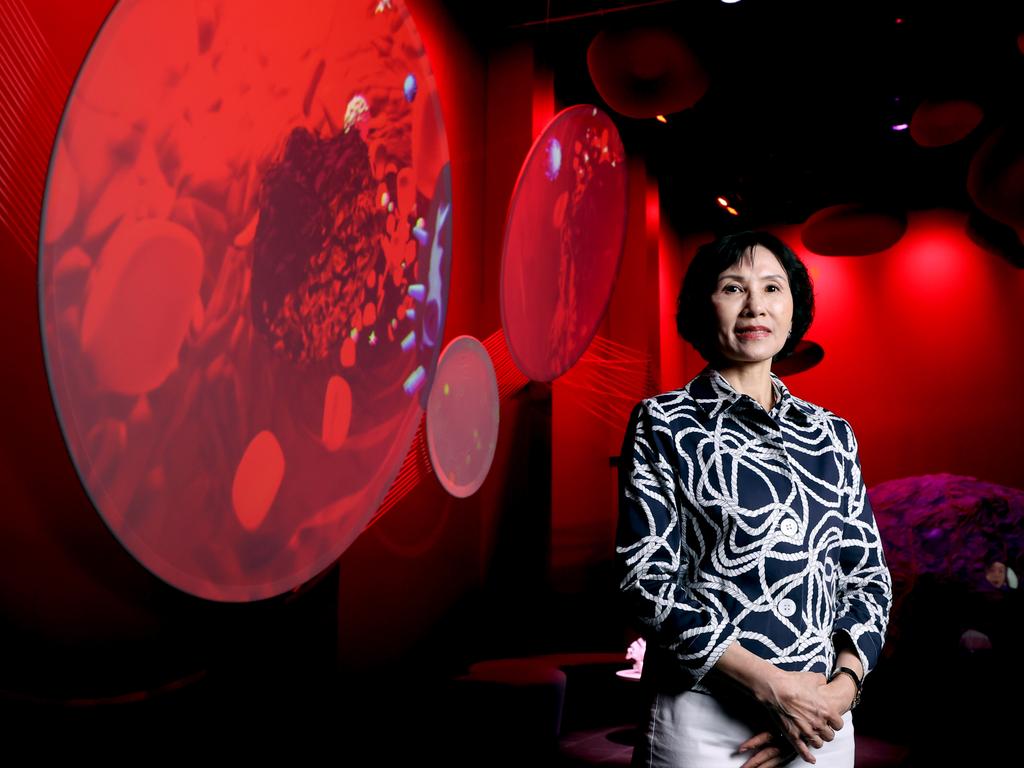Human clinical trials to begin for ‘world-first’ brain cancer drug candidate
The drug candidate aims to treat an aggressive type of brain cancer that kills 95 per cent of patients within five years.

Human clinical trials for a world-first drug candidate to treat the most aggressive form of brain cancer are set to get underway this year.
Researchers from the University of South Australia developed the new drug, called Auceliciclib, to treat glioblastoma, a rare cancer that kills 95 per cent of patients within five years.
There is currently no cure, but initial results from animal trials of Auceliciclib suggest it could offer a new treatment.
Human clinical trials of the drug in cancer patients will begin in April and will be conducted by Adelaide-based biotech company Aucentra Therapeutics.
The drug will first be tested in patients from Adelaide and then later used in clinical trial centres around the country.
UniSA Head of Drug Discovery and Development Professor Shudong Wang said brain cancer was particularly challenging to treat because very few drugs were able to cross the blood-brain barrier, which protects the brain from toxins and pathogens circulating in the blood.

Drugs able to cross the barrier generally caused serious side effects, she said.
“We already know that many cancers are driven by a family of enzymes called cyclin-dependent kinases (CDKs), so our drug has been specifically designed to target CDK activity,” Prof Wang said.
“Auceliciclib has two key advantages over other drugs in development. It is more target-specific and therefore appears to have lower toxicity, and it can reach cancer cells in the brain more effectively.
“This will be the first clinical trial in the world of this drug.”
Prof Wang explained the blood-brain-barrier was difficult to penetrate because it worked hard to protect the body’s most vital organ from infection.
If the drug proves effective in the human trials, it could also be helpful for other cancers that metastasise into the brain.
“Given that Auceliciclib targets CDK enzymes that play central role in most human tumours, the application for Auceliciclib could also be much wider and include breast cancer, colorectal cancer, lung cancer, ovarian cancer and leukaemia,” Prof Wang said.
Only three in 100,000 adults per year are affected by glioblastoma.
But most people survive only 12-15 months after diagnosis with the current standard care.
News of the human trials comes in time to recognise World Cancer Day on Thursday.



